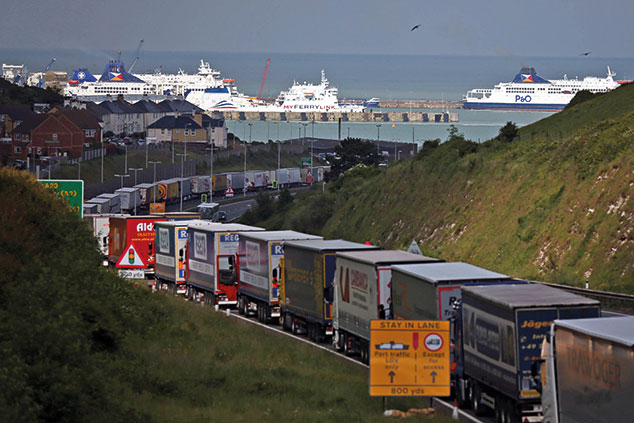
An interesting possibility is the “orderly no deal”. There is a general view that “no deal” – leaving with no agreement with the EU, no transition period to try to make one, and no extension to Article 50 – would be a nightmare. Ten-mile queues at Dover, food and medicine shortages, grounded flights, and a thoroughly unpleasant recession.
It’s possible, of course. But there would have to be extraordinary levels of incompetence and ill will on all sides for it to be this bad. Take food and medicine. Yes, if the UK stopped importing from the EU, things could get nasty fast. But why would we? In a no-deal situation, we would have no incentive at all to put up unnecessary import barriers – and it is hard to see how even the most bonkers members of the EU system would want to block exports to the UK (it would be an entirely unnecessary act of aggression).
World Trade Organisation (WTO) “most favoured nation” rules oblige members not to discriminate between trading partners. But they also allow exemptions for national security reasons. Short-term, that would surely cover food and medicine: our borders should be able to stay open, tariff-free, to EU goods. So talk of extreme shortages of medicine seems pretty silly.
On the export side, there would be added costs (import, export and transit documents for starters), but EU lorries that have entered the UK (85% of lorries leaving the UK for the EU are non-UK ones) must get home – and it is hardly in the interests of any EU nation to strand its own fleet in Kent for weeks. So, as John suggests, it seems likely that any chaos would be reasonably short-lived.
We will look much more closely at what an orderly no deal would look like in the next few weeks (unless Mrs May and parliament suddenly agree on her deal or an adjusted one, in which case we won’t bother). It wouldn’t be ideal (at all) but we suspect it wouldn’t be the end of days either.
With that in mind, you might turn to Markets to read about something that may already be affecting your wealth more than Brexit ever will – the collapse in stockmarkets, and the tech sector in particular. Finally, if you didn’t listen to us when we told you bitcoin was a bubble, then don’t, I beg you, turn to the Chart of the Week. If you do, you will see a chart that tells the story of every bubble ever: up, up, and up a bit more to levels that everyone knows are unsustainable – and then down, down, and down again. Nasty. But, unlike most things these days, predictably nasty.